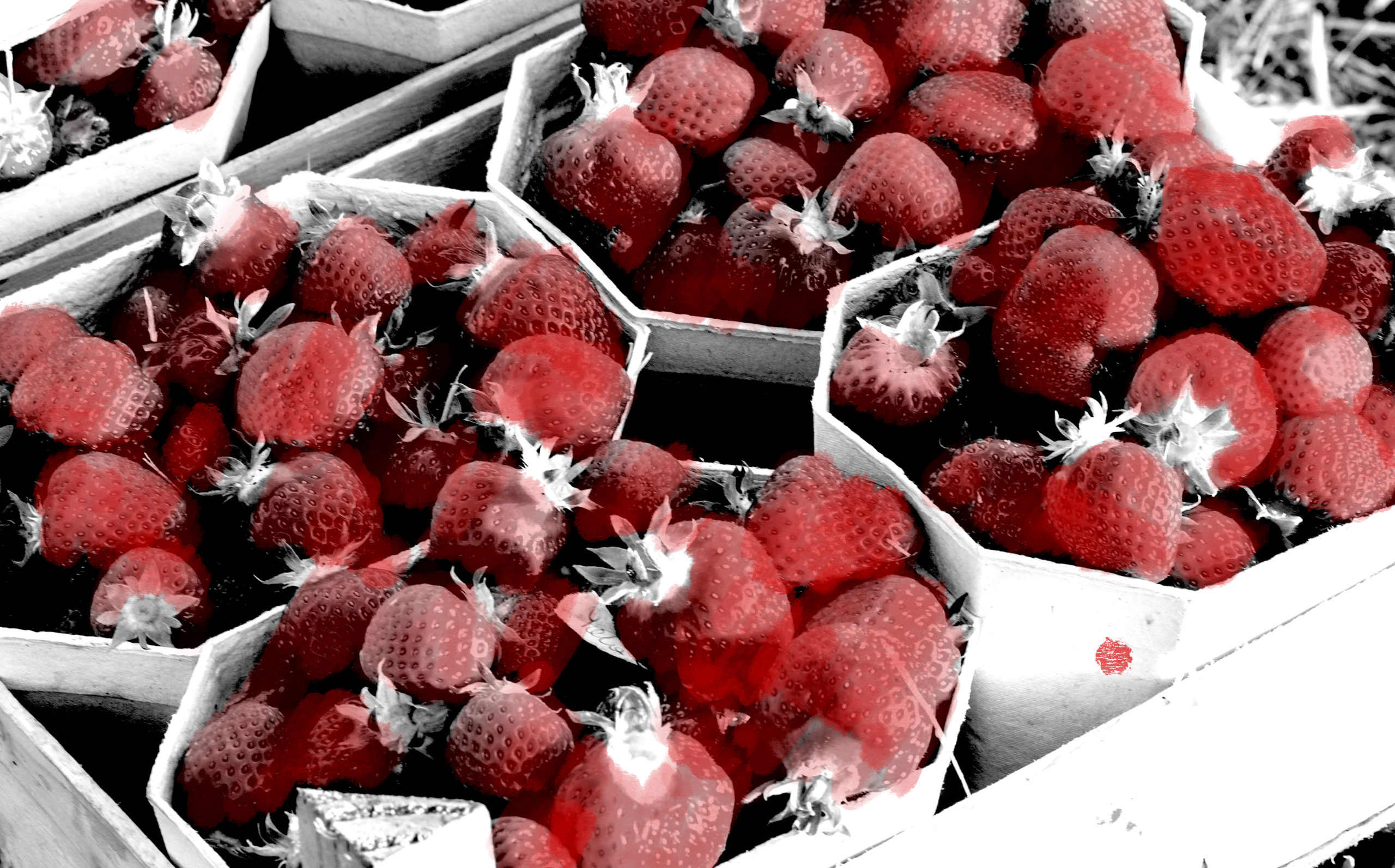Trade, Policy And Procurement Meet Again.

The UK’s Trade and Agriculture Commission has published its final report, along with twenty-two recommendations, one of which is to direct the UK Government to buy food sourced in the UK.
Recommendation 18: The UK government should review the current public procurement plan for food. In addition to achieving value for money and meeting nutritional requirements, it should maximise the opportunity to source from the UK, source sustainably and improve the transparency of the sourcing process.
Leaving aside the World Trade Organisation’s (WTO) policy on transparency and non-descrimination which prevents governments from adopting nationalist procurement policies, there may be something in the commission’s recommendation to buy more locally sourced food. Whilst the WTO doesn’t allow the government to insist on using UK based suppliers, it would allow for tenders to prioritise food with limited food miles, or food that meets animal welfare specifications that exceed those in other countries.
There is a fine balance to be struck here, potential trade partners will not want to pass up on the opportunities to sell their produce to wholesalers that sell to the public sector and, given the fiscal pressures, procurement teams will prioritise costs over food miles and welfare.
So unless local food is cheaper than imported food, the government will need to intervene in order to meet the commission’s recommendations. That means either providing additional, ring-fenced funds to procurement teams or providing grants or tax breaks to food producers to ensure their products are competitive.
The potential to use procurement to deliver positive social outcomes should not be dismissed, but the challenge of achieving it is harder than recommending it.
To understand how procurement data can be used to increase exports, improve social outcomes and drive growth,get in touch.



